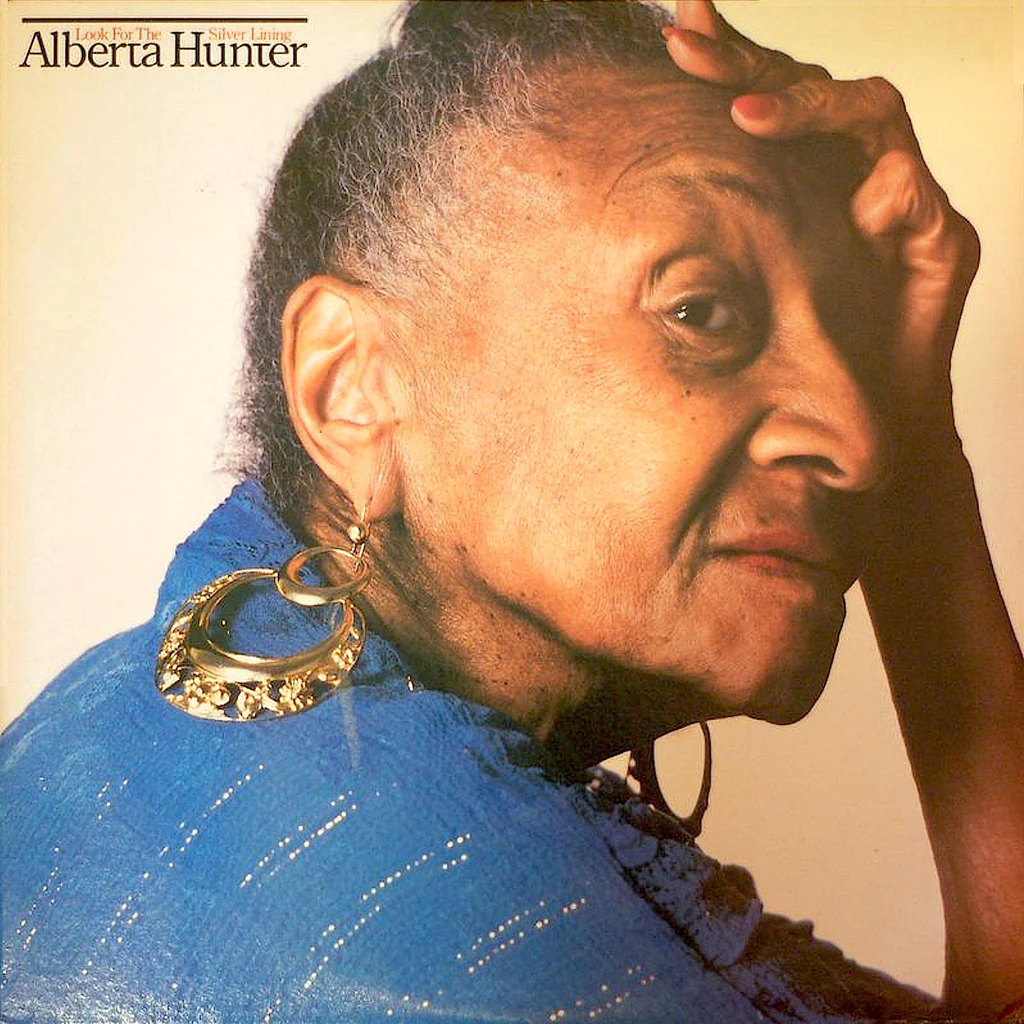Songtress Alberta Hunter is helping us to sing the praises of nurses. Those who care for others with diabetes selflessly desire to help improve their well-being.
“Nurse: just another word to describe a person strong enough to tolerate everything and soft enough to understand everyone.”
Unlikely as it seems, for someone to trade the spotlight to care for others makes Alberta Hunter’s journey much more compelling. Her self‐assured voice was imbued with spirit and feeling. She achieved international fame in the 1930s for her vigorous and rhythmically infectious style before becoming a nurse.
According to media reports, Alberta Hunter felt she reached the pinnacle of her career in the mid-1950s and began preparing to do something else. As the Korean War had ended and young rock’n’roll musicians were becoming popular, there seemed to be few opportunities for an aging female blues singer in her late 50s.
“I went as far as you could go. I played Broadway. I played the Royal Theatre in London. I played in Paris… and I figured I had gone to the top,” Alberta Hunter told a documentary filmmaker in the early 1980s, as reported by Notable Nurses.
I see similarities between my life and Alberta’s and how becoming a caregiver affects your life. My goals and aspirations to work in the music industry swiftly changed after my boss, Luther Vandross, suffered a stroke related to mismanagement of type 2 diabetes. I was devastated by the stroke’s power to silence his voice. I gave up my career in entertainment to focus on diabetes outreach. I aimed to alert Luther’s fans to the link between stroke and diabetes mismanagement by starting Divabetic.
Alberta’s mother’s illness and death could have sparked her interest in a career change. Throughout her success, Alberta Hunter took great care of her mother, so the idea of becoming a nurse wasn’t that farfetched. She retired from singing after her mother died in 1955. Faking documents and lying about her age, she abandoned her music career to study and practice nursing.She was offered a job before her nurse training ended and worked for the next 20 years before reaching the mandatory retirement age of 70 in 1977. (She was actually 82.)
In over 20 years at Goldwater Memorial Hospital, Hunter reportedly never missed a day of work or even ever arrived late: “20 years and I was never late one day. That’s a record, isn’t it?” she said in an interview used in the 1988 documentary film “Alberta Hunter: My Castle’s Rockin.”
“I was the most hurt person in the world when they retired me from the hospital. You know, they give you… 65 is mandatory to retire.. Well, they gave me 5 more years, they thought I was 70. When they retired me, they thought I was 70. I was 82. They all recognized me because I tried to be so good to them and if the time was up and my patients were restless, I stayed right there and tried to soothe them to sleep before I could go home and that learned me how to try to be kind to my fellow man,” said Alberta Hunter reflecting on her forced retirement.
When completing a form requesting welfare, she indicated that she was actively looking for work and had only left nursing because she had been forced to retire. So at age 82, Alberta Hunter returned to work by resuming her previous jazz and blues singer career.
Her remarkable comeback was launched at Barney Josephson’s Cookery and shortly after, she made numerous television appearances (“60 Minutes,” “The Mike Douglas Show,” “Camera Three” and the recent Kennedy Center gala), and a Columbia soundtrack recording of the film “Remember My Name.”
Fans were thrilled to see the electrifying entertainer projecting the blues with formidable show‐business know‐how, singing her racy lyrics with the vibrance and energy of a woman half her age.
Alberta Hunter’s comeback led to greater fame than she had ever experienced during her earlier singing career, and she recorded four well-received albums, notably Amtrak Blues (1978). Hunter continued performing until a few months before her death. She was inducted into the Blues Hall of Fame in 2011.


